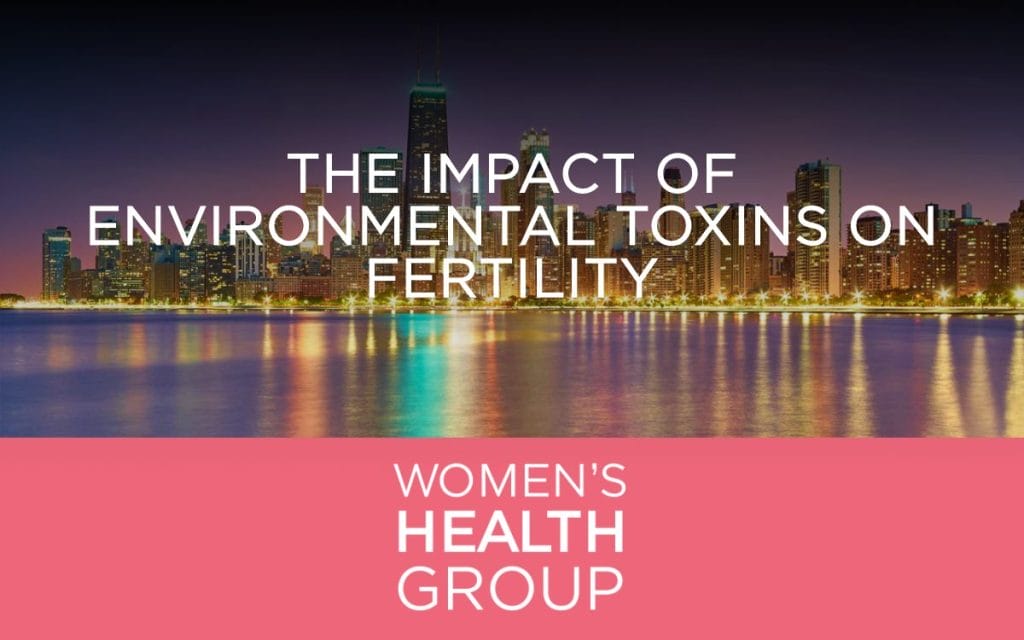The Impact of Environmental Toxins on Fertility
For decades, Women’s Health Group, a renowned Obstetrician-gynecologist institution in Chicago, Illinois, has been at the forefront of research, focusing primarily on female health and fertility. In our quest to educate and inform the broad spectrum of women seeking assistance with fertility, we find it critical to address a significant factor affecting fertility today – environmental health. Or more specifically, the impact that environmental toxins have on fertility.
Understanding the Link Between Environmental Health and Fertility
Environmental toxins are harmful substances that unfortunately find their way into the environment, affecting air quality, water sources, food supplies, and subsequently, our overall health. These toxins have a direct impact on fertility, a fact that has been substantiated by numerous studies.
Evidence suggests that environmental contaminants can induce fertility-related issues such as irregular menstrual cycles, reduced sperm quality, miscarriages, and even premature menopause. The disruption they cause to the endocrine system – a network of glands responsible for regulating hormones critical for reproduction – is particularly worrying and requires urgent attention.
The Major Environmental Toxins Affecting Fertility
Certain environmental factors disproportionately affect fertility. Among the most notable ones are:
Pesticides
Agricultural pesticides are widely acknowledged for their toxic effects. They can disrupt hormonal balance, affecting ovulation and conception.
Heavy Metals
Heavy metals such as lead and mercury tend to accumulate in the body over time and have been linked to fertility issues.
Industrial Chemicals
Chemicals found in various industrial or household products can harm fertility. These include phthalates (in plastic goods) and perfluorinated chemicals (in non-stick cookware).
Endocrine-disrupting Chemicals
These are chemicals that mimic hormones in our body, interfering with our endocrine system and causing fertility issues. Bisphenol A (BPA) is a prime example, widely used in food containers and water bottles.
Minimizing Exposure to Environmental Toxins
While avoidance of all environmental toxins isn’t entirely feasible, there are several practical steps we can take to limit our exposure and protect our reproductive health. These include advocating for stricter environmental regulations, eating an organic diet, limiting plastic usage, and choosing beauty and household products that are free from harmful chemicals.
Building Awareness and Seeking Professional Help
Awareness about the effects of environmental toxins on fertility is essential. Discussing these concerns with a healthcare provider and getting regular health check-ups facilitates early detection and enables effectual intervention. Professional advice is especially crucial for those planning a pregnancy, as it can also help adopt lifestyle changes beneficial for boosting fertility.
The Mayo Clinic and Women’s Health are valuable resources for further understanding the impact of environmental toxins on health and fertility.
It’s Time to Take Notice
There is a myriad of scientific evidence that establishes the detrimental impact of environmental toxins on fertility. Fertility issues are often stressful and emotionally draining, and the added component of environmental health could feel overwhelming. However, acknowledging this connection is the first, essential step for us to initiate changes at both individual and societal levels.
Actionable lifestyle modifications, combined with regular health screenings and consultations, may significantly alleviate the risk. As a community of dedicated women’s health practitioners at Women’s Health Group, Chicago, Illinois, we remain committed to spreading awareness, supporting, and guiding the journey of women dealing with fertility challenges.




